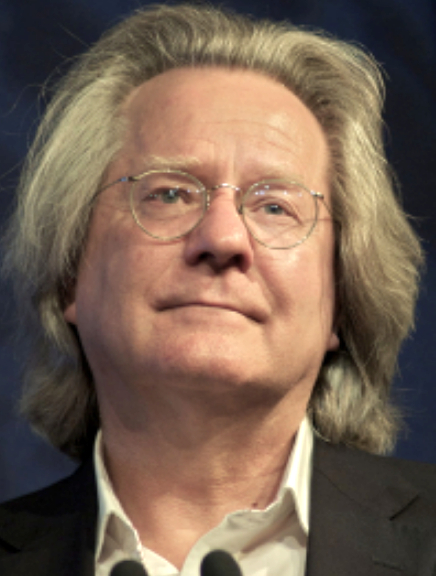On this date in 1949, British author, philosopher and atheist Anthony Clifford Grayling was born in Northern Rhodesia (now Zambia), where his father was a banker. He spent his childhood in Africa. When he was 19, his older sister Jennifer was murdered in Johannesburg. When her parents went to identify the body, her mother had a fatal heart attack. After earning a B.A., M.A. and Ph.D. in England, Grayling lectured in philosophy at Bedford College-London and St. Anne’s College-Oxford before taking up a post in 1991 at Birkbeck College-University of London, where he was a philosophy professor until 2011. He then founded and became the first master of New College of the Humanities.
Grayling is the author of over 30 books on philosophy, biography, the history of ideas, human rights and ethics, including The Refutation of Scepticism (1985), The Future of Moral Values (1997), Wittgenstein (1992), What Is Good? (2000), The Meaning of Things (2001), The Good Book (2011), The God Argument (2013), The Age of Genius: The Seventeenth Century and the Birth of the Modern Mind (2016), War: An Enquiry (2017) and Democracy and its Crises (2017). His 2006 play “Grace” was co-written with Mick Gordon. The title character is a science professor who rejects religion.
He’s a vice president of the British Humanist Association, an honorary associate of the National Secular Society and has held positions with many other academic and literary organizations. The awards bestowed on him are numerous, including the Order of the British Empire, and others honoring his contributions to philosophy and ethics. One current biographical source says that Grayling believes that religion for historical reasons has had influence far out of proportion to the number of adherents and its intrinsic merits, “with the result that they can distort such matters as public policy (e.g., on abortion) and science research and education (e.g., stem cells, teaching of evolution).”
In a 2013 interview, freethinker Sam Harris asked Grayling if “a person can be both a humanist and a person of faith?” Grayling replied, “No, religion and humanism are not consistent — unless you mean ‘humanism’ in the Renaissance sense, where it denoted the study of classical literature. But this study soon showed people that the ideas and outlook of classical thought is at odds with religion, which is why humanism is now a secular philosophy.”
He and his wife, novelist Katie Hickman, have a daughter, Madeleine, and a stepson, Luke. He also has a son, Jolyon, and a daughter, Georgina, from his first marriage.


